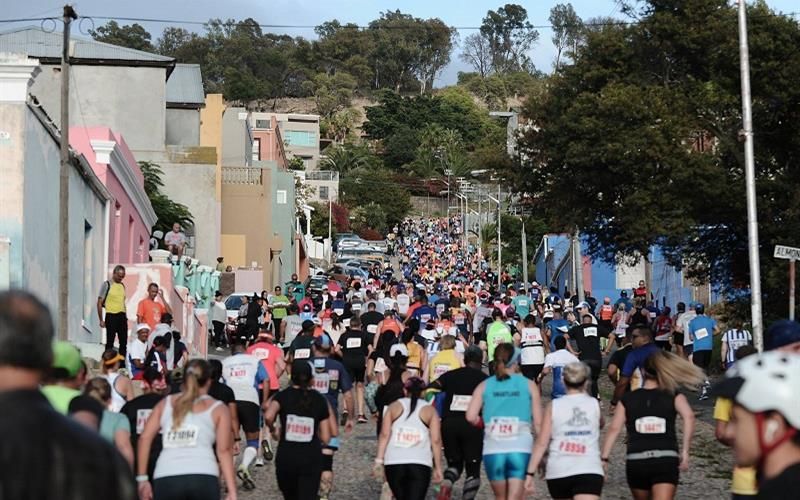The Slave Route Challenge in Cape Town has a multifaceted significance, extending beyond a mere sporting event. The challenge not only commemorates the past but also contributes to the city’s economic development, encourages social cohesion and reconciliation, and raises awareness by serving as a platform for education.
Contribution to Economic Development
The event attracts both local and international participants, generating revenue for the hospitality, tourism, and retail sectors. The Slave Route Challenge plays a vital role in Cape Town’s economy. However, the tourism industry has suffered a significant blow due to the Covid-19 pandemic. As the event returns in 2023, it offers an opportunity to revive the tourism industry and contribute to the city’s economic development.
Encourages Social Cohesion and Reconciliation
The Slave Route Challenge is a platform for fostering unity and understanding among communities. The event brings together individuals from diverse backgrounds, acknowledging and celebrating the city’s heritage. The event promotes a sense of belonging and cultural pride, which is vital in healing the deep wounds left by Cape Town’s complex past.
Raises Awareness and Serves as a Platform for Education
The Slave Route Challenge passes through several landmarks that have significant historical and cultural significance. Participants can learn about the challenges and struggles faced by enslaved individuals and their contributions to Cape Town’s development. The event promotes a deeper understanding of the city’s past and encourages individuals to embrace diversity.
The Slave Route Challenge in Cape Town is more than a race; it is a celebration of the city’s heritage and history. Participants can commemorate the lives that came before and develop a sense of belonging and cultural pride. The event’s inclusivity and cultural significance make it a unique and memorable experience for all who partake. As Cape Town continues to navigate the challenges posed by the pandemic, the Slave Route Challenge serves as a beacon of hope, contributing to the city’s economic development, social cohesion, and education.











